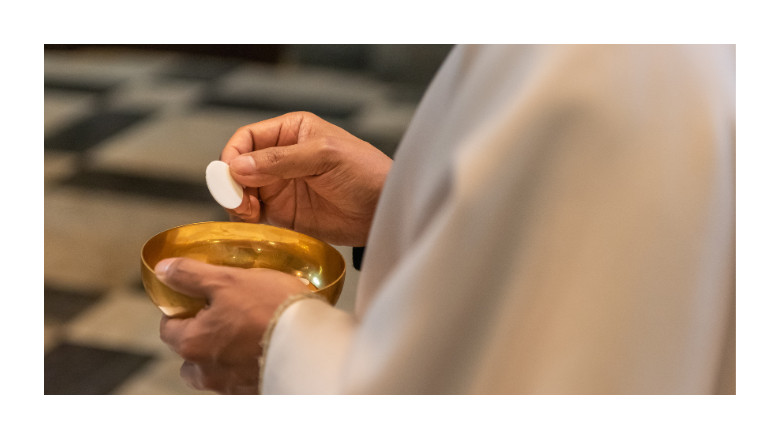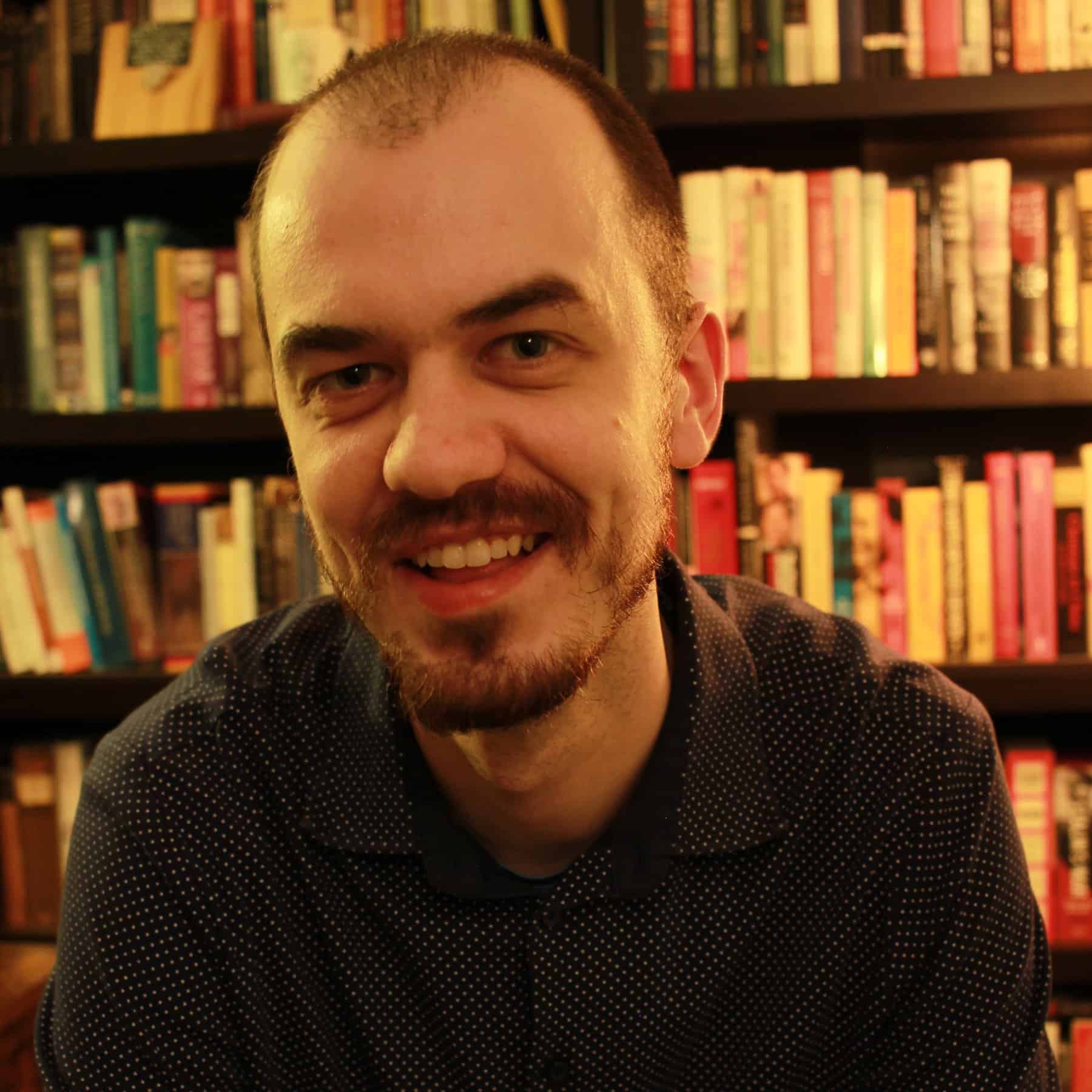
Stock Photo – Canva
By Dan Sherven
This series of reflections is based on Bishop Robert Barron’s The Mass. Watch Bishop Robert Barron’s The Mass through Word on Fire Catholic Ministries. Read the first article in this series here.
“God’s word does not describe, it creates.” And Christ is God’s Word. Which means that the statements Christ makes, about the Eucharist, or about the sacrament of confession being conferred only to the apostles and their successors, these statements cannot be watered down or taken away because God’s Word creates reality.
God’s Word creates, which might be why Western Christianity added the filioque to the Nicene Creed. Filioque is a Latin word which means ‘and the Son.’ So the changed Creed is: “the Holy Spirit proceeds from the Father and the Son.” However, it’s also perfectly Catholic to say “through the Son.” The Holy Spirit proceeds from the Father through the Son.
The Word, the Son, is the ‘processional instrument’ of God. The Father uses the Word to create all things at the beginning of time; including time itself. Now the Holy Spirit is not a created thing, but He is also not begotten. The Holy Spirit proceeds from the Father. However, for anything to exist—and ‘thing’ here does not mean created object—perhaps ‘it’ must proceed, be ‘created,’ through the Word. So the Holy Spirit proceeds from the Father, through the Son.
In the Mass, the Trinity is present and “God wants to feed people with his very life.” Christ says: “I am the bread of life. Your ancestors ate the manna in the desert, but they died; this is the bread that comes down from heaven so that one may eat it and not die. I am the living bread that came down from heaven; whoever eats this bread will live forever; and the bread that I will give is my flesh for the life of the world.”
And “‘the Eucharist is the tie that binds us to everybody else.’ Says Bishop Barron, both on earth and in heaven—saints, angels, and martyrs included.” Communion is community. That was especially true historically, as the Church was the gathering of the entire village and the saints.
Author Matthieu Pageau notes how, when things are complex, they appear to us as clouds or darkness. But when things are extremely simple, those ideas are often so fundamental to our perception that we have trouble seeing them. Things can be so clear that we see right through them. And in the course of the Mass, “the ‘cloud of unknowing’ is about to dissipate.”
But it can be hard to see that we are really going to be eating Christ’s body and drinking his blood. When the Word speaks, God creates: “Jesus said to them, ‘Amen, amen, I say to you, unless you eat the flesh of the Son of Man and drink his blood, you do not have life within you.’”
Now, “the Council of Trent affirmed that [the real presence of Christ in the Eucharist] occurs, by the power of the words spoken [by the priest, who is acting in the person of Christ]. The words of Jesus as God become what is. ‘Daughter, your faith has healed you,’ and a woman is healed. ‘Lazarus, come forth,’ and a dead man walks out of his tomb. ‘Little girl, arise,’ and a child returns to her family. When the Second Person of the Trinity says, ‘You will be with me in Paradise,’ there is cause for rejoicing because it is an assured reality. When he says, ‘Behold your mother,’ his mother becomes our own.”
Christ also talks about how “faith ‘the size of a mustard seed’ can move mountains.” Here, Christ is speaking metaphorically. Although perhaps if a person really did have enough faith, God would move a mountain for that person. Much as the Red Sea was parted. The point is that even a small amount of being able to stand on God, to trust in God, is enough for radical change. One can think of examples of strong faith leading to radical change, such as Mary’s “yes”.
Then “the priest, recalling Christ’s words, ‘I leave my peace, my peace I give to you,’ brings to mind the great ‘Shalom’ with which the Resurrected Christ greeted the apostles.” For God is peace. Even after being murdered, as Saint Paul notes, “the God we killed returned to us ‘in forgiving love.’” We can only find true rest in that God of love, as Saint Augustine tells us.
God’s word creates reality, and the Logos is relationship. Therefore, Christ is really present in the Mass. Pope Benedict XVI wrote, while still Joseph Ratzinger, “Christ exists from the Father and for mankind.” Christ’s whole being is for other people. His work and being are the same thing.
Learn more about Bishop Robert Barron’s The Mass.

Dan Sherven is the author of four books, including the number one bestseller Classified: Off the Beat ‘N Path and Uncreated Light. Sherven is also an award-winning journalist, writing for several publications. Find Sherven’s work.

